The onset of winter can often be a major time for the development of pest problems. As temperatures drop, pests seek warmth and shelter in your home (and maybe even in your vehicle). Here are some pests to keep an eye out for this winter.
Commercial and Residential Pest Control Services | Dodson Bros. Exterminating Co., Inc.
Rodents
Mice and rats will infest your home during any season of the year if they can, but you may see an increase in rodent problems during the winter simply because they don’t want to stay outside. They can fit through holes the size of a coin, and one pregnant mouse or rat can begin an entire pest problem by itself. Unfortunately, rodents are also major carriers of disease, so if you begin to suspect you might have a rodent problem, it’s most beneficial to your health to call the professionals as soon as possible.

Cockroaches
Cockroaches may also appear more frequently during the winter months because they cannot survive in cold temperatures, especially if the thermometer dips below 15 degrees. Therefore, they must burrow or make their way into the warmth of your home. Cockroaches also carry many diseases, and they can trigger allergies and asthma. They will eat pretty much anything, so you can work to prevent them from infesting your home by keeping surfaces clean and storing food securely.
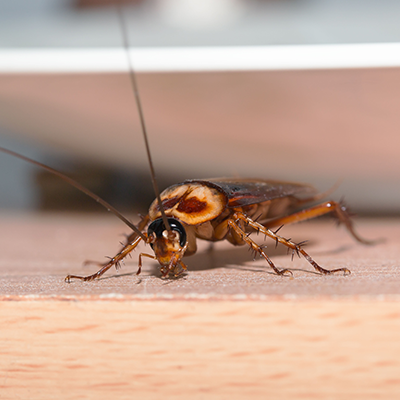
Beetles and Stored Pests
Since winter brings with it a holiday season with lots of decorations, it’s important to keep an eye out for pests when you’re unboxing ornaments and trees. Many pests, including beetles, silverfish, moths and stink bugs may have the chance to escape into other parts of your home if they’ve been living in storage. Some of them are small enough that it’s hard to catch them, too. Additionally, if you’re putting up a live tree for the holidays, be sure to thoroughly inspect it for any pests that would hide within it to hitch a ride into your home.
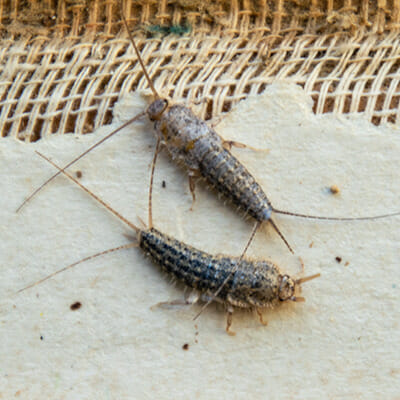
Spiders
The cold weather may also cause an increase in the number of spiders you see in your home. While these pests are often working to catch pests themselves and are harmless to humans (except for black widows and brown recluses), their webs can be a nuisance and their presence unsettling. Getting rid of them may be as simple as a whack with a shoe or using a cup to deposit them outside, or it may involve getting a pest professional to thoroughly get rid of them.
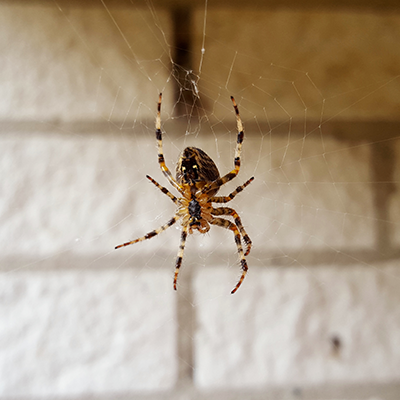
Ladybugs
Ladybugs are attracted to heat and light during the winter, so they may find a way to enter your home during the holidays. While these insects are harmless to humans, having a house full of them is unappealing. You can get rid of some of them by vacuuming them up, but they’re small and nimble enough that it may take the techniques of a pest professional to get rid of them.
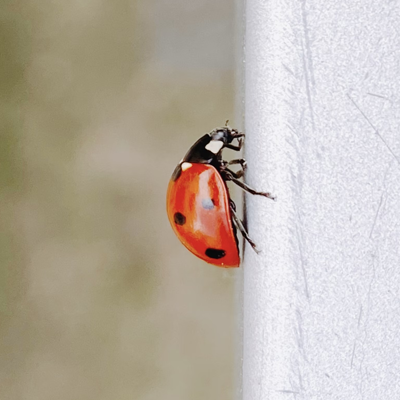
Bed bugs
Bed bugs are an all-weather pest, but they may crop up during the winter if you do any extensive amount of traveling. Because they are expert hitchhikers, you may want to inspect hotel rooms for any that have entered on another traveler’s baggage, and you’ll want to inspect your own belongings when you get home to make sure they don’t cause trouble for you. If you do find that you have a bed bug infestation this winter, contact us immediately to get them removed, because you will not be able to do it yourself.
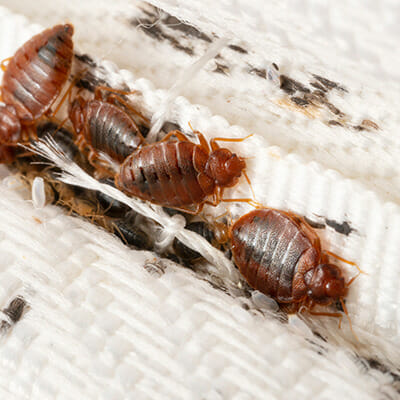
Ants
Ants can often find their way indoors during the winter months through cracks in the walls or foundation of your home or through greenery that you bring in as decorations. If you begin to see a lot of them, one of the best things you can do first is to thoroughly clean the area and get rid of all traces of food and the pheromones they use to mark where to find said food. However, this may not get rid of the problem entirely, so it’s still a good idea to consult with a professional pest control technician.
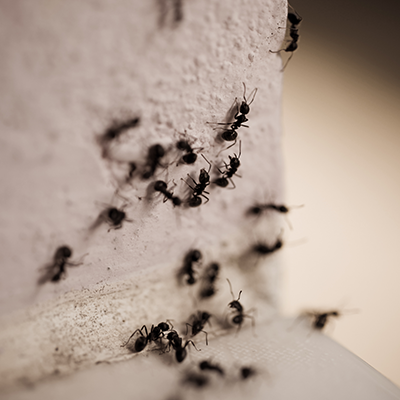
What You Can Do
As always, the best defense against pests is a good offense: prevention. Make sure this winter that you do the following if you want to stay as pest-free as possible:
- Seal all gaps and holes in and around your home, including tears in window screens and cracks in your foundation.
- Inspect all firewood before bringing it indoors, and keep it raised off the ground at least 20 feet away from your home.
- Trim back vegetation from the walls and roof of your home, as overhanging branches and plants close to your home can act like a highway for pests.
- Store away all food in sealed containers in the refrigerator or on elevated pantry shelves.
- Keep the surfaces in your home as clean as possible to minimize leftover food attracting pests.
If you have any questions or need some help getting rid of your pest problems, contact us today for a free inspection!
